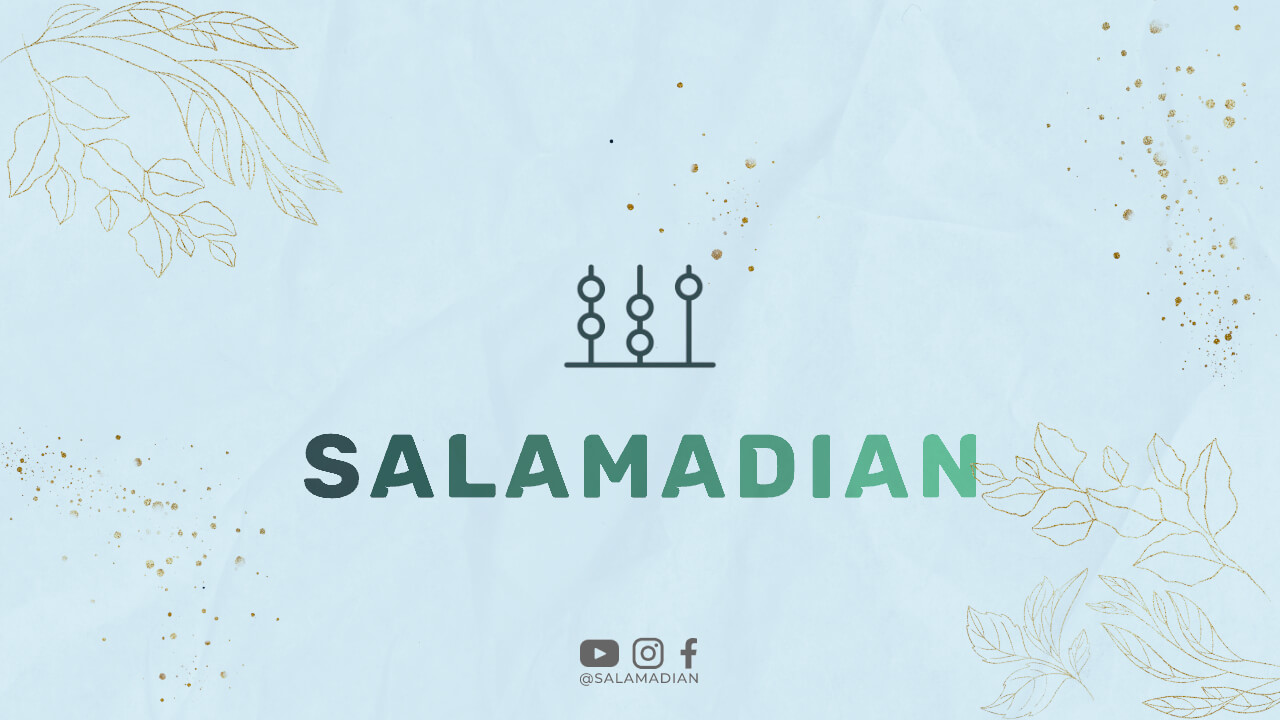If you’re thinking about investing in a holiday let property, you may be wondering how to finance your purchase. That’s where holiday let mortgages come in. In this article, we’ll cover everything you need to know about these types of mortgages.
What is a holiday let mortgage?
A holiday let mortgage is a type of mortgage designed specifically for people who want to buy a property to rent out as a holiday home. These mortgages are different from standard buy-to-let mortgages because they take into account the seasonal nature of holiday rentals.
How do holiday let mortgages work?
With a holiday let mortgage, you borrow money from a lender to buy a property that you plan to rent out as a holiday home. The lender will usually require a larger deposit than with a standard mortgage, and the interest rates may be higher.
You’ll need to provide evidence to the lender that the property has the potential to generate enough rental income to cover the mortgage repayments. This usually means providing evidence of past rental income or projections based on similar properties in the area.
What are the benefits of a holiday let mortgage?
There are several benefits to taking out a holiday let mortgage:
- You can generate additional income from renting out the property as a holiday home
- You can use the property for personal use when it’s not being rented out
- The property may increase in value over time, giving you a good return on your investment
What are the risks of a holiday let mortgage?
As with any investment, there are risks involved with taking out a holiday let mortgage:
- The property may not generate enough rental income to cover the mortgage repayments
- The property may not be occupied for large portions of the year, reducing the potential rental income
- The property market may fluctuate, affecting the value of your investment
How do I qualify for a holiday let mortgage?
To qualify for a holiday let mortgage, you’ll need to meet certain criteria:
- You’ll need to have a good credit score
- You’ll usually need a deposit of at least 25% of the property’s value
- You’ll need to provide evidence of the property’s potential rental income
- You may need to have a certain level of income to be eligible for the mortgage
What are the interest rates like on holiday let mortgages?
Interest rates on holiday let mortgages are typically higher than on standard mortgages, due to the higher risk involved. However, rates can vary depending on the lender and your individual circumstances.
What other fees are involved in taking out a holiday let mortgage?
In addition to the interest rate, there may be other fees involved in taking out a holiday let mortgage, such as:
- Arrangement fees
- Valuation fees
- Legal fees
What should I look for in a holiday let mortgage?
When comparing holiday let mortgages, there are several factors to consider:
- The interest rate
- The deposit required
- The fees involved
- The lender’s criteria for evidence of rental income
- The lender’s policy on personal use of the property
Can I use a standard mortgage for a holiday let property?
You may be able to use a standard buy-to-let mortgage for a holiday let property, but this is not recommended. Standard mortgages are not designed for seasonal rentals and may not provide the flexibility and income potential that a holiday let mortgage can offer.
What types of properties are eligible for a holiday let mortgage?
Most types of properties can be considered for a holiday let mortgage, including:
- Houses
- Flats
- Cottages
- Barn conversions
- Chalets
What should I consider before investing in a holiday let property?
Before investing in a holiday let property, there are several factors to consider:
- The location of the property
- The demand for holiday rentals in the area
- The potential rental income
- The costs involved in maintaining the property
What are my options if I can’t get a holiday let mortgage?
If you’re unable to secure a holiday let mortgage, there are other options available:
- You could consider a standard buy-to-let mortgage, although this may not be ideal for a seasonal rental property
- You could consider other forms of finance, such as a personal loan or equity release
- You could consider investing in a different type of property
Conclusion
Investing in a holiday let property can be a smart way to generate additional income and build your investment portfolio. However, it’s important to understand the risks and benefits involved, and to choose the right type of mortgage to finance your purchase. By doing your research and working with a reputable lender, you can make informed decisions and ensure your investment is a success.

